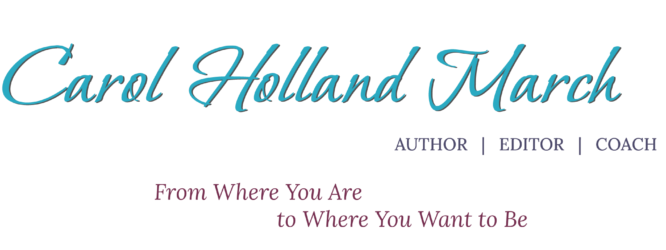 Language shapes our concepts about who we are and what we can do. Even idle words tossed off without thinking can be taken to heart and turned into beliefs. Hiding beneath the notice of the analytical mind,these beliefs govern behavior even when the person has opposing conscious beliefs.
Language shapes our concepts about who we are and what we can do. Even idle words tossed off without thinking can be taken to heart and turned into beliefs. Hiding beneath the notice of the analytical mind,these beliefs govern behavior even when the person has opposing conscious beliefs.
I was once told by a healer that I was acting on ideas about having the “right job”, the “right clothes”, and the “right car.” Indignantly, I protested. Not true, I said. More interested in leading an authentic life, material possessions approved by the common culture had seldom interested me.
“Yes,” the healer said with a smile. “But your mother held those beliefs, and she gave them to you.”
My mother had passed on several years before, so I could not question her about it, but lo and behold, when I examined my own beliefs, using a simple muscle testing system, sure enough, I was holding onto unconscious ideas that conflicted with my value system.
Beliefs can be tricky, since those that most affect us most are often buried under layers of experience. They must be coaxed out, with meditation, journaling, or whatever healing method works for you.
A simple way to start examining our beliefs is to notice how we talk to ourselves and others. Do we use a lot of judgmental words? You should. I ought. That’s hopeless.
If you use judging words every time you make a minor mistake, is there a way you can substitute kinder words?
- I forgot again! Could be changed to I am working on remembering
- I’m so stupid! Could become I made a mistake, but that’s okay because I’m human.
- How could I have done that! Could transform to I am learning from my experiences
If you try this exercise, it may feel awkward at first, but with some practice, you’ll soon learn to catch those automatic judgments and start speaking to yourself like a friend.
James W. Pennebaker, the pioneer in research on expressive writing for healing, discovered patterns of language typical of those who get the most benefit from expressive writing. He used a software program to analyze both written and spoken communication and found that pronouns (I, he, she, we, it) are a key to change.
When people who have experienced trauma write about the event, they can create a more coherent story which leads them to new understandings of what happened to them. The use of causal (because, why) and insight (realize, understand) words predicted how well the writers recovered from the trauma.
The most interesting and unexpected result came when he found that people who changed the pronouns they used (from first person to third person, for example) improved most in mood, health, and sociability.
By counting pronouns, Dr. Pennebaker found that people whose health was improving tended to decrease the use of first person pronouns. They gained perspective and the ability to see the situation from more than one point of view.
If you’d like to learn more about his research, he has written a popular book on the subject.

